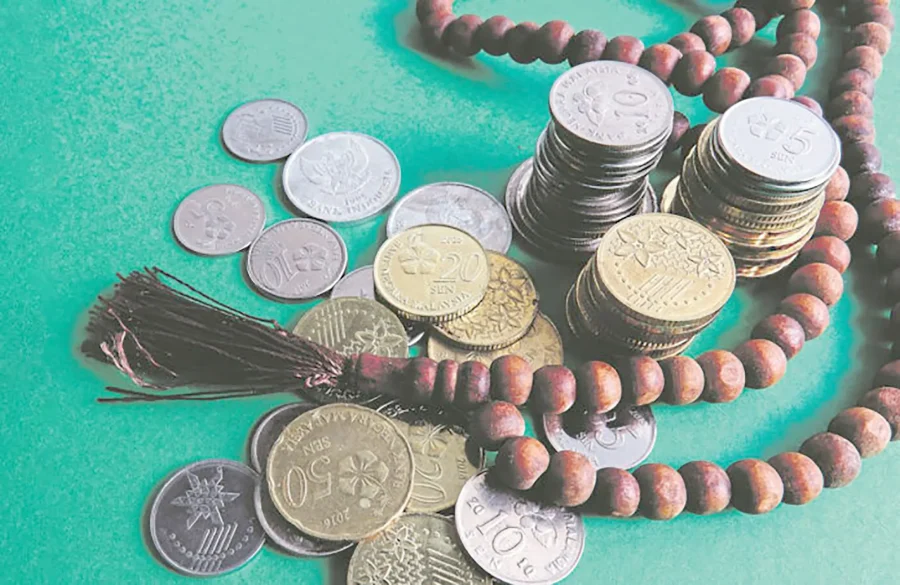Islamic banks in the UK saw their assets surge 26 percent in 2023 to $8.2 billion, reinforcing the country’s position as a key Western hub for Shariah-compliant banking.
Fitch Ratings, in its latest report, expects the UK’s Islamic finance industry to grow to $15 billion in the medium term, up from $10 billion at the end of 2023.
This growth will be driven by the conversion of a conventional bank to an Islamic bank, continued asset growth in Islamic banks and funds, and supportive regulations.
It highlighted that the London Stock Exchange is now the third-largest listing venue for US dollar sukuk globally. The LSE holds a 35 percent global share of US dollar sukuk, with around $80 billion outstanding as of the end of the first half of this year.
Sukuk, also known as Islamic bonds, are Shariah-compliant debt instruments through which investors gain partial ownership of an issuer’s assets until maturity.
Islamic finance gained traction as a safer alternative following the 2008 global financial crisis, positioning London as a major hub for Shariah-compliant finance in the West. Countries like Luxembourg, the US, and Ireland have also become notable domiciles for sukuk, the report said.
“English Law is the governing law for most dollar sukuk and Islamic syndications globally. UK banks are among the key sukuk arrangers and Islamic interbank and derivatives counterparts for Islamic banks,” said Fitch.
It added: “London Metals Exchange is accessed by Islamic banks in many countries to facilitate cash financing through tawarruq contracts.”
In Islamic finance, tawarruq contracts involve purchasing goods on credit at a marked-up price and then selling them at a lower price to obtain cash. The focus of these transactions is liquidity, not the possession of the goods.
Fitch affirmed the growth of Islamic finance in the UK, noting that the country is home to four Islamic banks, all owned by Gulf Cooperation Council members. The report also indicated that the UK is set to establish its fifth Islamic bank, likely boosting competition and adding depth to the sector.
“The conversion of Ahli United Bank to an Islamic bank, following the acquisition of its Bahraini parent by Kuwait Finance House in 2023, is expected to be completed in 2024,” said Fitch. The US-based credit rating agency, however, added that the domestic Islamic finance industry in the UK remains niche and is unlikely to achieve mainstream relevance until at least the medium term.
“Despite their longstanding presence in UK and supportive regulations, Islamic banks held only 0.1 percent of the UK banking system assets at end-2023,” said Fitch. It added: “Demand drivers are low as Muslims are only around 6.5 percent of the UK’s population, with generally limited awareness of Islamic finance, as well as varying levels of sharia-sensitivity and confidence in the product offering.”
The US-based agency also noted that the UK government plans to launch a Shariah-compliant alternative student finance product after 2025, potentially boosting financial inclusion. However, the report highlighted that UK-Islamic funds face stiff competition from leading Western jurisdictions such as Luxembourg, Ireland, the US, and Jersey.—AN









